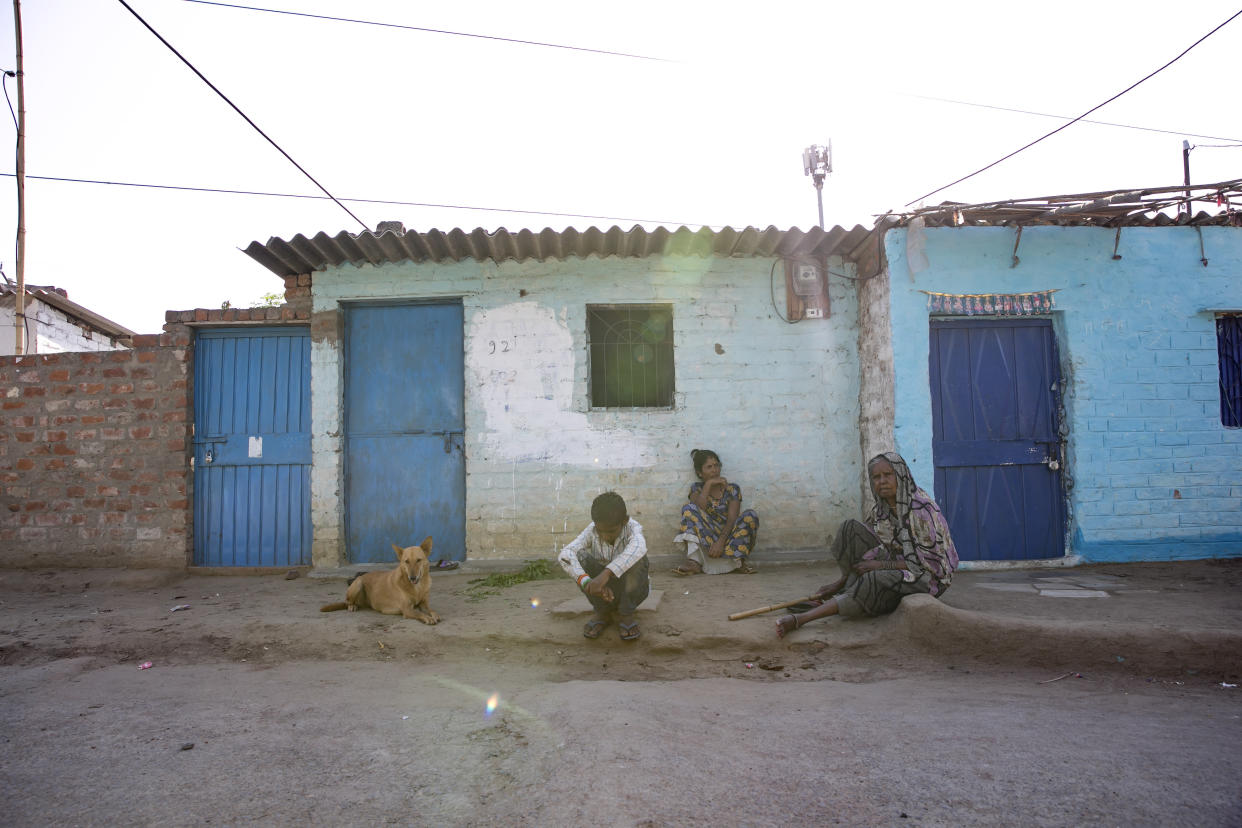Is universal basic income the answer to India’s poverty?

If we are going to make us a developed nation, we are going to have to stamp out poverty first. To stamp out poverty, we are going to have to improve the living standards of millions trying to make ends meet with their meagre, unstable incomes.
One way of doing it could be through universal basic income (UBI).
Put simply, it is free cash handouts by the government.
To make it sound slightly less demeaning, it is guaranteed basic income provided by the state with the aim of helping low income group cover the basic cost of living and reduce income inequality. But being universal, it makes even the stinking rich eligible for it along with the poorest of poor.
In the recent past the concept of universal basic income has gained gradual traction mainly due to job losses resulting from next generation technologies such as robotics, machine learning and artificial intelligence. Everyone from Tesla boss Elon Musk and Facebook boss Mark Zukerberg, who swear by capitalism, to recent Nobel laureate Abhijit Bannerjee are advocating it. Many European nations have already implemented it (jury is still out on if they have succeeded, though) and many others are deliberating on it.
To be sure, the idea is not entirely new to India either. It’s already being tried out by the states and the centre. An example of it is the Pradhan Mantri Kisan Samman Nidhi, better known as PM-Kisan. The scheme promises Rs.6000 a year to all subsistence farmers owing two hectares of land or less. This along with the subsidies and minimum support price for crops could help improve their condition by providing them with the money to buy various inputs for better agricultural yields and give them an income support.
But can the paltry Rs.6000 a year actually alleviate poverty and augment incomes, you might wonder.
And this brings us to the first unpleasant truth about such guaranteed income schemes – limited transfer amounts that can only allow one to scrape through.
A rough estimate by the Indian government in 2014, when it was mulling over such schemes, revealed that even with all existing subsidies scrapped, it can only afford to pay Rs.6000 a family every month. This figure, though slightly better, is still extremely modest and by no means can eliminate chronic poverty, let along reduce income inequality.
To pay higher sums, without busting the public exchequer, is near impossible. Already, existing schemes are putting quite a strain on the budget math.
That aside, malpractices in determining who is poor and eligible is another major cause for worry. For a small bribe, village sarpanches (heads) will categorize anyone as poor. Such corrupt practices are the reason why subsidies and other pro-poor schemes have failed to achieve their purpose so far. Vote bank politics has always ruled supreme in India and authorities are wont to appease sections of population with such sops for votes, even if they are not below the poverty line.
For the very same reason, going forward, such gargantuan projects if they fail to deliver can prove to be a massive burden. Fear of losing votes will make politicians prolong those. A classic case in point is the Mahatma Gandhi National Rural Employment Guarantee Scheme (MGNREGA). It has failed to reduce rural poverty, yet no one has the courage to roll it back.
Universal basic income or guaranteed basic income can at best be a stopgap. Or a safety net to prevent to prevent the poor from sinking and the jobless or low-income people from going bust. It cannot beat poverty, trigger consumption or resurrect an economy.
To do so, much more holistic efforts are needed. It needs job creation. It needs speedy industrialization. It needs human resource development.


